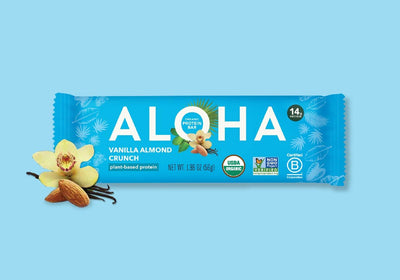
Vanilla Almond Crunch
Hint of vanilla and packed with almond pieces
Price: $34.99
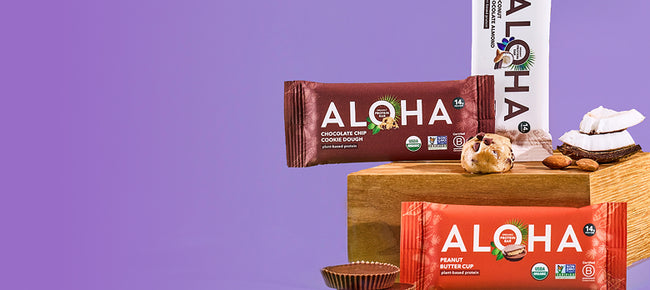 collection header image
collection header image
 collection header image
collection header image

Hint of vanilla and packed with almond pieces
Price: $34.99
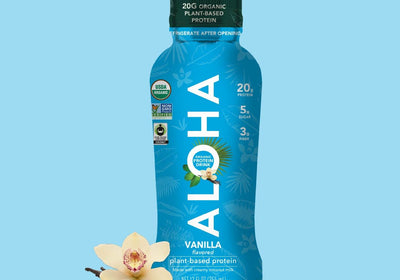
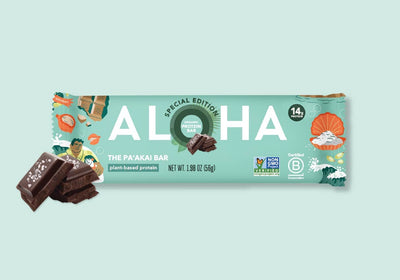
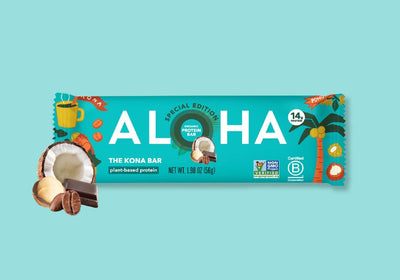
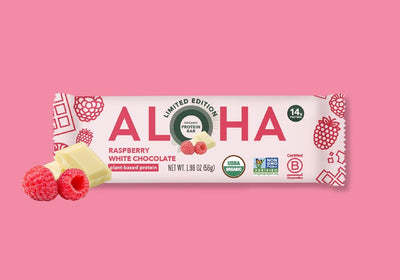
Dreamy raspberry coated in rich white chocolate
Price: $34.99
Sold Out

Dreamy raspberry coated in rich white chocolate
Price: $34.99
Sold Out

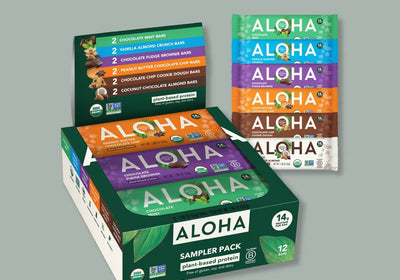
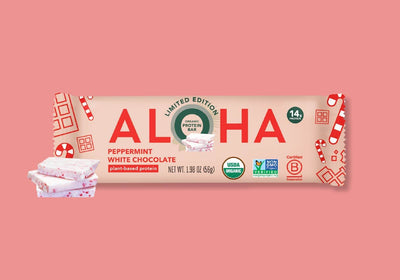
Coated in white chocolate, topped with peppermint bits
Price: $34.99
Sold Out
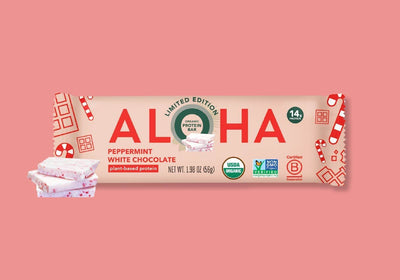
Coated in white chocolate and topped with crunchy peppermint bits
Price: $34.99
Sold Out
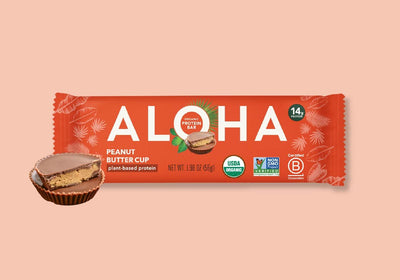
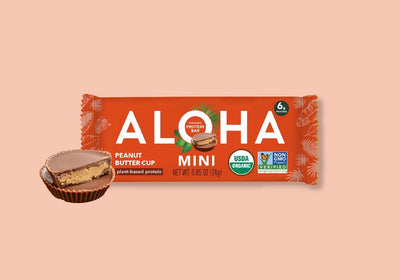
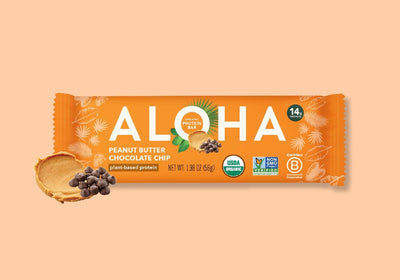
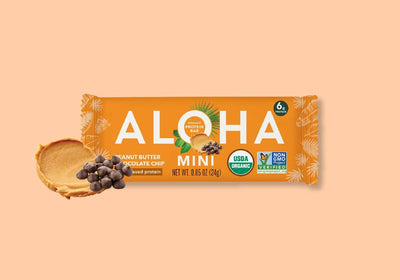
Chocolate chips + peanut pieces = happy tastebuds
Price: $35.99
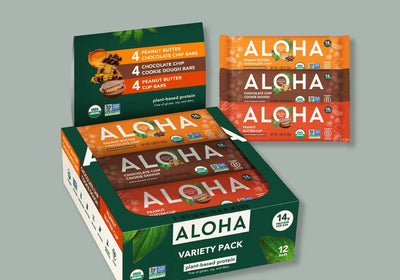
Three best-selling classics, one delicious variety pack
Price: $38.99
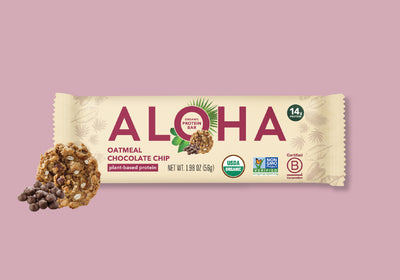
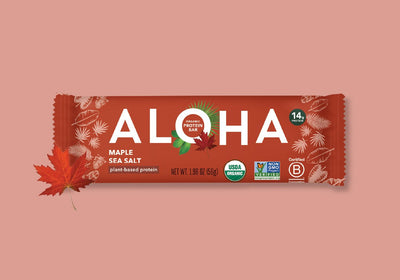
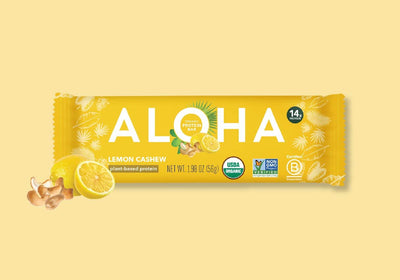
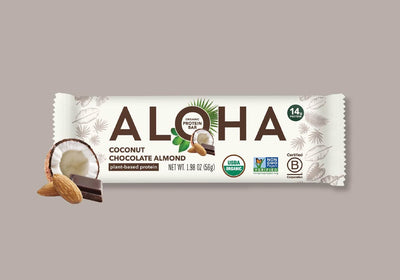
Flaky coconut, almond pieces, chocolate chunks
Price: $34.99
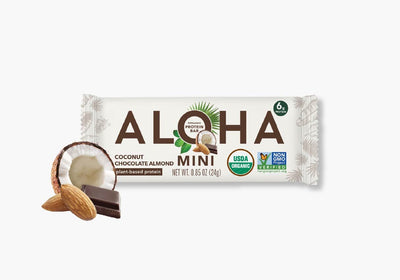
Flaky coconut, crunchy almonds, chocolate chunks
Price: $35.99
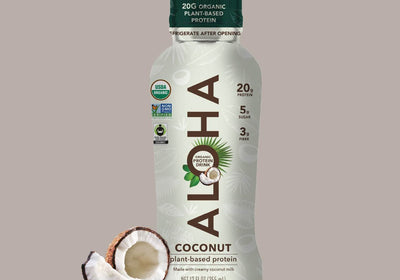
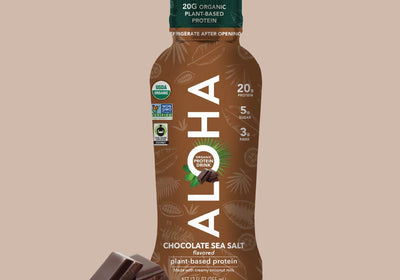
Rich chocolate with a hint of sea salt
Price: $39.99
Sold Out
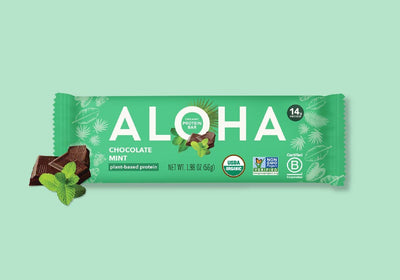
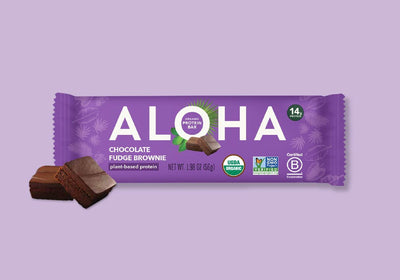
Smooth, indulgent chocolate is irresistible
Price: $34.99
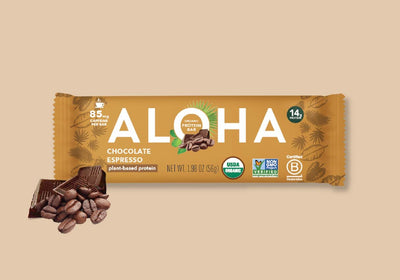
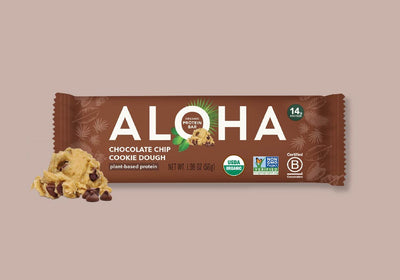
Indulgent cookie dough, rich chocolate chips
Price: $34.99
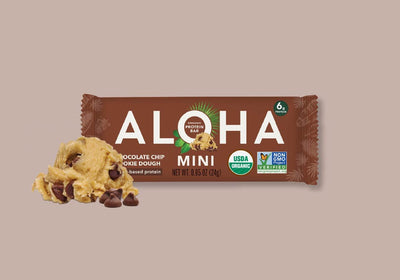
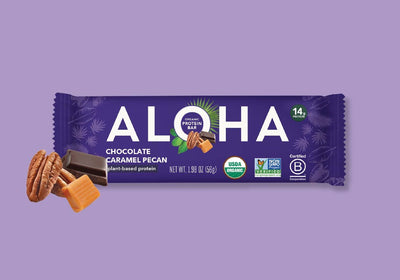
Pecans and dark chocolate in a caramel swirl
Price: $34.99
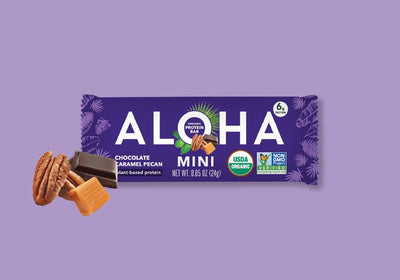
Pecans and dark chocolate in a caramel swirl
Price: $35.99
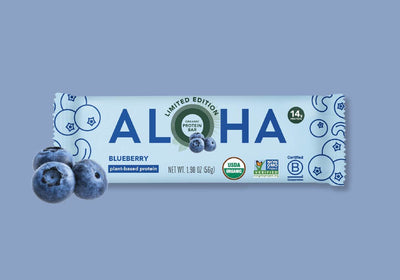
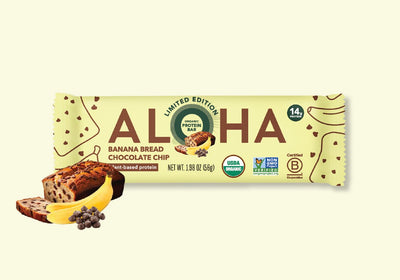
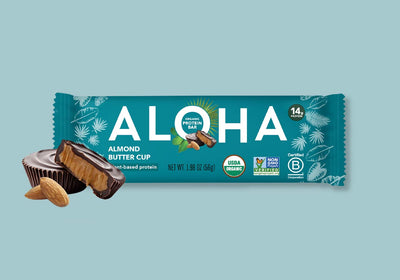
Dark chocolate complements the warmth of almonds
Price: $34.99
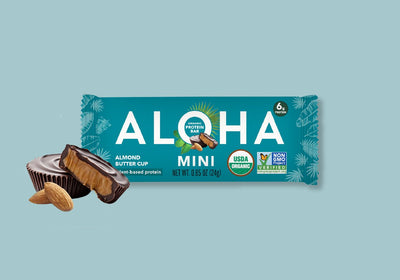
Decadent dark chocolate perfectly complements the warm sweetness of almonds
Price: $35.99
